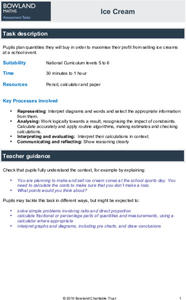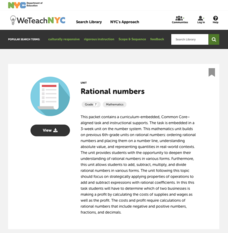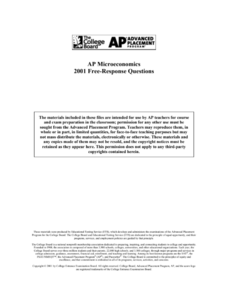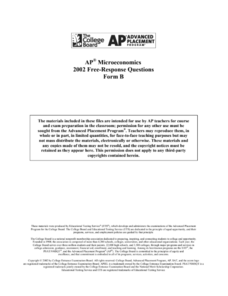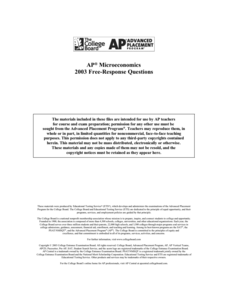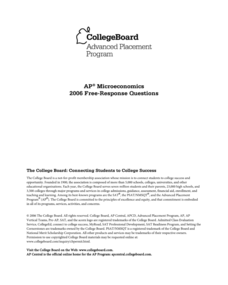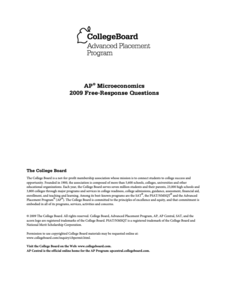Utah Education Network (UEN)
Extending the Number System
Don't feel negative about negative numbers. Individuals extend their knowledge of positive numbers and fractions to rational numbers. They see how to represent negative rational numbers on a number line, learn about opposites and...
Bowland
Ice Cream
Make sure there is enough ice cream on hand. Learners try to find out how much ice cream to buy for a sports event. Scholars use a pie chart showing the percent of a sample of people who like different flavors of ice cream. Using the...
Radford University
Linear Programming: Sports Shoes
Don't shoo away the resource on shoes. Given constraints on the amount of leather and string needed to make two different types of shoes, learners graph a system of inequalities for the situation. They then determine the maximum profit...
Radford University
Exploring Coal Pillar Mining
Coal mines can be a gold mine of math applications. After reading some basic information on coal mining, learners draw blueprints of a coal pillar in the shape of a composite figure. They find the volume of material from the coal pillar...
Radford University
Business Ownership
Let's learn a little bit about business! Given information about a t-shirt company, young mathematicians explore the revenue, costs, profits, and future sales. They develop mathematical models for these quantities using linear,...
New York City Department of Education
Rational Numbers
Order up a unit on rational numbers. A unit overview gives a basic outline of instruction and activities on rational numbers for the 7.NS domain. A performance task on profits at pizzerias assesses understanding of the concepts in the...
College Board
2001 AP® Microeconomics Free-Response Questions
How does one factor in the social costs of a product? What factors influence price? Learners consider the question and others using authentic College Board materials. Other questions examine profits and competition in the market and the...
College Board
2002 AP® Microeconomics Free-Response Questions Form B
The government catches a firm in the act of polluting. What will happen to the company's profits? Learners consider the question and others using authentic College Board materials. Other problem sets examine wages and labor and price...
College Board
2003 AP® Microeconomics Free-Response Questions Form B
How are monopolies and competitive firms similar and different? Scholars consider the question using authentic College Board materials. Other prompts consider supply and demand curves and the relationship between wages and output.
College Board
2003 AP® Microeconomics Free-Response Questions
A company producing smoke alarms has a monopoly. However, what factors influence its profit and production? A series of prompts from College Board asks learners to consider the impact. Other practice problems include examining what...
College Board
2005 AP® Microeconomics Free-Response Questions Form B
A rabies vaccine company has a monopoly, but fluctuations in wages are impacting its profits. A series of questions from College Board considers the problem. Other practice questions include an examination of price and output curves and...
College Board
2005 AP® Microeconomics Free-Response Questions
Consumer income drives consumer demand. A set of problems explores what happens to a dairy business when consumers all of a sudden don't have as much money to spend on milk. Other prompts from College Board examine supply and demand...
College Board
2004 AP® Microeconomics Free-Response Questions
All goods have a social cost. A set of questions considers how to best calculate the impact the production of goods has on society. Other practice problems from College Board consider supply-and-demand curves and the impact of licensing...
College Board
2006 AP® Microeconomics Free-Response Questions Form B
What effect could a break-through device have on company's profits? A set of prompts from College Board explores just that question. Other questions consider the role of wages in profit and what factors affect the supply and demand of...
College Board
2009 AP® Microeconomics Free-Response Questions Form B
Two transportation companies must decide the best way to compete. How will that decision affect their prices? Using College Board materials, future test takers examine the problem and think critically to solve it. Other prompts examine...
College Board
2006 AP® Microeconomics Free-Response Questions
Communities often experience a tug-of-war between a desire for open space and a need for development. How can governmental policy affect each side of the issue? Scholars consider the question, along with queries on pricing and...
College Board
2007 AP® Microeconomics Free-Response Questions Form B
In many industries, one company has a monopoly or has government assistance. How does this affect profits and the economy at large? A set of problems from College Board explores this.
College Board
2013 AP® Microeconomics Free-Response Questions
People often set off fireworks to celebrate. What is the cost of the annoyance of their neighbors? Economics help answer that question! Learners consider this problem, along with prompts on price and competition, using College Board...
College Board
2015 AP® Microeconomics Free-Response Questions
Two sandwich shops must decide whether it's to their benefit to set pricing together. What happens when the government also intervenes with a price subsidy? Learners consider these questions as they tackle prompts from College Board....
College Board
2018 AP® Microeconomics Free-Response Questions
How much should Nirali study for her history and economics exams if she has a limited amount of time for both? Scholars consider opportunity cost in using this real-world scenario from College Board. Other questions include looking at a...
College Board
2017 AP® Microeconomics Free-Response Questions
How much corn does a farmer need to grow if he wants to make a profit? A prompt from College Board asks learners to put themselves in the boots of a farmer growing crops for the alternative fuel market. Additional prompts consider the...
College Board
2009 AP® Microeconomics Free-Response Questions
Two stores are trying to decide where to put their new location to maximize profit? Young economists evaluate the question using authentic materials from College Board. Other queries involve evaluating the effects of government subsidies...
Council for Economic Education
Christopher Columbus, Entrepreneur? Queen Isabella, Venture Capitalist?
What did it take to embark on a journey to unknown lands? Perhaps ambition, but also money! Christopher Columbus had to approach more than one European monarch for financing before he could sail the ocean blue. A read-along play and...
Council for Economic Education
Entrepreneurs in Mesopotamia
While ancient Mesopotamia didn't have the TV show "Shark Tank," it was a time of entrepreneurship as workers began to specialize. Both individual workers and the societal structure encouraged individuals to consider how they could...



